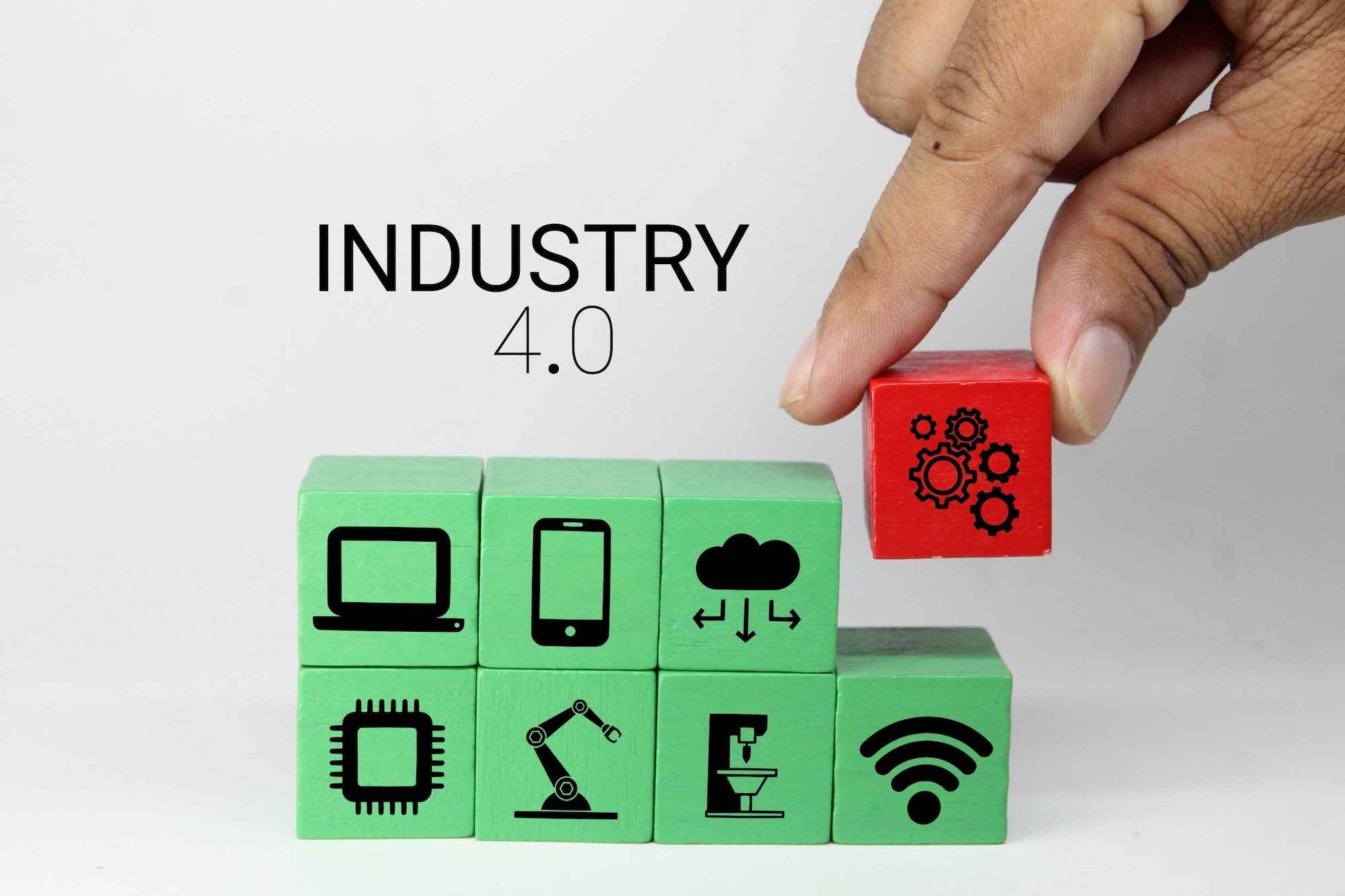Introduction
Big data and analytics have transformed the way businesses operate and the way people interact with technology. The vast amounts of data generated daily have given rise to new opportunities for insights and innovation. However, this massive amount of data also raises ethical concerns about privacy and how it is handled. In this blog post, we will explore the ethical considerations surrounding big data and analytics and how companies can balance progress with privacy.
- Transparency in Data Collection and Use: The first ethical consideration in big data and analytics is transparency. It is crucial that companies are transparent about how they collect and use data. Companies should clearly communicate their data collection practices and explain why they are collecting data. Additionally, companies should obtain explicit consent from users before collecting their data.
- Privacy and Security: The second ethical consideration is privacy and security. Companies have a responsibility to protect the personal data of their customers and employees. They should implement strong security measures to prevent data breaches and unauthorized access to personal information. Additionally, companies should have clear policies in place for handling data breaches.
- Bias and Discrimination: The third ethical consideration is bias and discrimination. Big data and analytics can perpetuate biases if not carefully managed. Companies should ensure that their data analysis is unbiased and does not discriminate against any particular group. Additionally, companies should consider the impact of their data analysis on vulnerable populations and take steps to mitigate any negative effects.
- Data Ownership and Control: The fourth ethical consideration is data ownership and control. It is important for individuals to have control over their personal data and how it is used. Companies should be transparent about who owns the data they collect and allow individuals to access, modify, or delete their data.
- Responsible Use of Data: The fifth and final ethical consideration is the responsible use of data. Companies should use data in a way that benefits society and does not cause harm. They should avoid using data to manipulate individuals or to make decisions that negatively affect them.
In conclusion, big data and analytics can potentially transform industries and improve people’s lives. However, it is essential that companies approach big data and analytics with an ethical mindset. Companies must prioritize transparency, privacy and security, unbiased analysis, data ownership and control, and responsible use of data to ensure that they are using big data and analytics in a way that benefits society as a whole. By striking a balance between progress and privacy, companies can continue to innovate while respecting the privacy and rights of individuals.
The bottom line
Data analytics offers businesses unprecedented opportunities to gain insights into customer behavior and market trends. However, collecting, storing, and using personal data comes with significant risks to privacy. To ensure that personal data is collected and used ethically, businesses must implement robust data governance and security practices, prioritize transparency, and consider the ethical implications of their data analytics initiatives. By balancing progress with privacy, businesses can harness the power of data analytics in a way that benefits all stakeholders involved.





